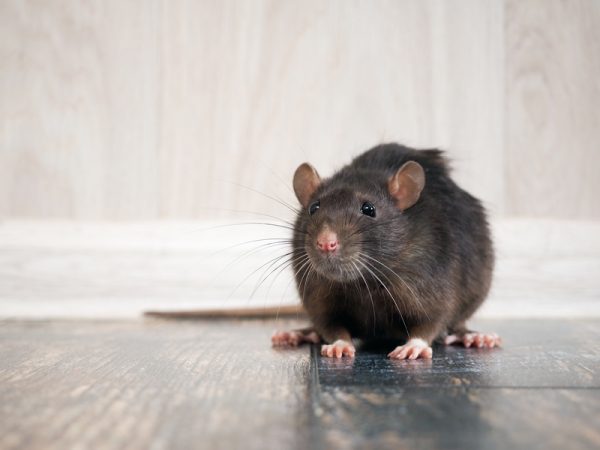Many homeowners think of colder temperatures as providing a reprieve from all the annoying mosquitoes, bees, and ants that are inclined to ruin a summer picnic. But the reality is that winter weather often entices a fair share of insects, rodents, and other pests to make themselves at home — and they might be a bit too close for comfort.
And if you allow those animals to stay, you may be in for a rude awakening once everything starts to thaw. Just because some scientists believe that the stink bug population may have drastically decreased due to the polar vortex doesn’t mean they (and other creatures) won’t make a comeback.
If you don’t want to contribute to the 68% of pest control revenue that comes from residential services in the U.S. during the average year, you might want to learn how to keep those unwanted pests away before they come inside to stay.
Perform Necessary Repairs
If you make it easy for pests to find their way in, they will. So you’ll need to assess any vulnerabilities on your property and take steps to fix them. That means you should look for cracks or gaps in your foundation and around windows and doors; if you find any, you’ll want to seal them with caulk or copper mesh. Keep in mind that certain insects and rodents (read: termites and rats) can chew through other types of barriers, so be sure to do your research before trying to plug a hole with just any old material you find in your garage. You should also look for holes in your siding, your window screens (if you haven’t removed them for the season, that is), pipes, utility wires, and chimneys. The area underneath cabinets tends to be a common place for pests to find their way in, so you should check there too for any signs of activity. Be sure to keep garage doors and other points of entry locked and sealed to keep anyone from penetrating the fortress you’ve created.
Keep It Clean
Even if you think you’ve got a solid barrier, some animals can still maneuver their way inside — especially if they think it’ll be well worth the effort. That means you have to take pains to keep your property clean and free of elements that will entice critters, such as food and a nice shelter. Prior to winter’s arrival, you should trim back your trees and bushes to minimize access to your home. An overgrown shrub looks pretty cozy to a family of rodents, and if it’s in close proximity to an entryway, your new mice friends might not ever want to leave. You’ll need to keep trash receptacles tightly sealed and away from where they can be accessed by hungry animals. In fact, make it a point to leave your totes and bins in a restricted area until the morning of collection, rather than putting them on the curb the night before. You should also regularly clean and sanitize the areas where these bins are kept so that pests won’t congregate there. To that end, empty trash cans daily (or at least once every other day) and clean the receptacles weekly. Make sure to store food properly and to prioritize regular cleaning habits. Efficient HVAC systems require maintenance inspections twice per year, but you should make sure that no one has made your air conditioning unit or ductwork into a makeshift home during the cold winter. If you make a commitment to keeping a spotless house and prioritizing necessary inspections, you should be able to catch the signs of potential pests before they spiral into full-blown infestations.
Know When to Call In Reinforcements
Sometimes, your best efforts may not be able to prevent all pest activity. In older homes, there may be countless spots for rodents and bugs to hide. With any luck, you won’t have to deal with anything more serious than an isolated incident. However, it’s important to recognize when you need professional help to take care of the problem. If you aren’t sure where the pests are coming from or your conventional methods haven’t made a difference, you’ll want to contact pest control experts to analyze the situation and come up with a solution. Keep in mind that these animals aren’t just annoying or gross; they can actually pose real safety and health risks to your family. Some chew through electrical wires while others can carry diseases. You’ll need to take action early on to prevent long-term, negative effects like structural damage, fire risk, or the spread of bacteria. If you know what to look for (e.g., strange sounds, animal droppings, grease trails, larvae, gnaw marks, etc.), you’ll have a better idea of what you and your pest control service might be dealing with.
We share the world with all kinds of creatures, but that doesn’t mean they’re entitled to your home. By being proactive about pest control, you can alleviate some of the most common risks and protect your family without having to go to extremes after the fact.




This is good info. I had been hoping the cold winter would have given us a year without them!
We haven’t really had any issues with critters, but the mosquitos are out of control during the warm months.
One more thing that will help you keep pests at bay is incorporating pest-repelling plants like rosemary, basil, and mint into your indoor decor. Such a simple and cheap solution!